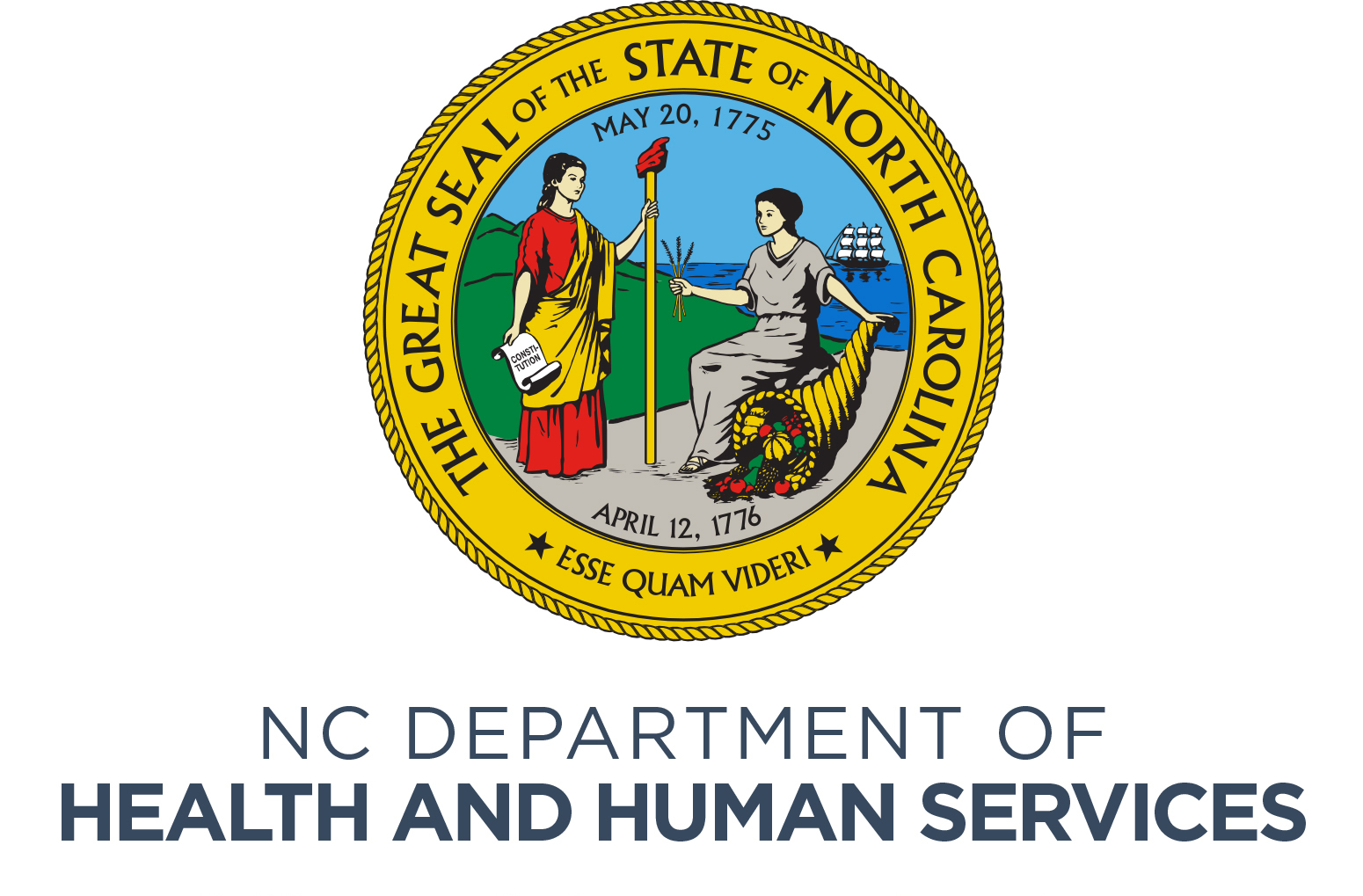
Donate Life NC is excited to announce our partnership with the North Carolina Office of Minority Health and Health Disparities (NCOMHHD) for our Prevention Matters campaign. This August, our organization will be working to highlight health monitoring and bring awareness to diagnoses that may lead to organ failure during National Minority Donor Awareness Month. By partnering with NCOMHHD, we hope to support their mission in promoting and advocating for the elimination of health disparities among all racial and ethnic minorities and other underserved populations in our state.
NCOMHHD’s Executive Director, Cornell Wright, was born in Crazen County and raised in Onslow County. His interest in health policy stems from personal experience advocating for family and community members who needed support managing health systems. Wright’s goals for his office is to assist North Carolinians in understanding the value of health and well-being and to help eliminate barriers to care so that people don’t suffer unnecessarily. To achieve this, Wright’s team works to provide and connect minority and underserved populations to resources, education programs, and technical assistance throughout the state of North Carolina so that they can be successful when navigating the health care system.
Initiatives
NCOMHHD offers health education programs to the community and healthcare professionals. One of their ongoing, state-wide community initiatives is the NC Minority Diabetes Prevention Program. Health agencies and local health departments collaborate efforts to keep people with pre-diabetes from developing Type 2 diabetes by offering CDC lifestyle classes to minority and at-risk communities.
The Culturally and Linguistically Appropriate Services Program involves working with health agencies and community partners by providing supplemental learning to health professionals to help ensure that the services they provide are culturally appropriate and inclusive. Part of this means NCOMHHD’s team is leading the conversion as to why practicing “color-blind” care can be more harmful than beneficial. When it comes to patient care, health providers can create better outcomes by acknowledging that not every patient is the same. Instead, the program prepares them to practice seeing their patients through an equity informed lens, taking into consideration where their patients come from, their life experiences, and their access to resources and food. Both programs are tied to national initiatives from the Department of Health and Human Services.
Our Partnership
NCOMHHD has found that access to care, financial issues, and educational barriers, like myths and misconceptions surrounding health topics and health services, are among the most common barriers to health monitoring. These factors can prevent people from knowing they are at risk for long-term health issues and often lead to more severe health diagnoses like diabetes and hypertension; both leading causes of organ failure.
When speaking about Donate Life’s role in the community, Wright says, “we need more people with donation services in the forefront of their minds. It can help save the lives of our family, friends, and loved ones- even people that we don’t know.”
If you are considering registering to be an organ, eye, or tissue donor but have questions first, we encourage you to stay and have a look around our site and visit thedecisionproject.org.
Ready to register? You can do so now!